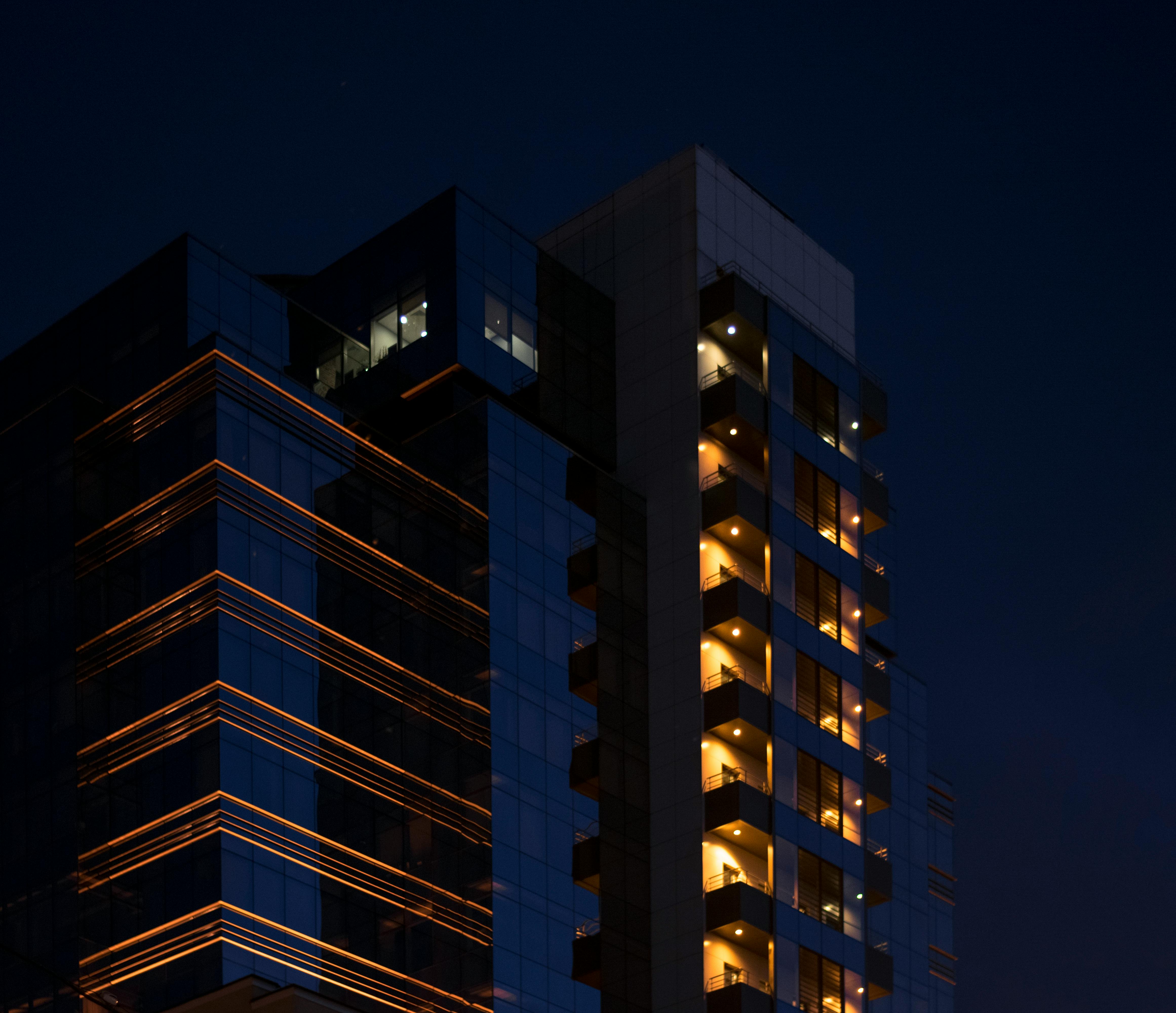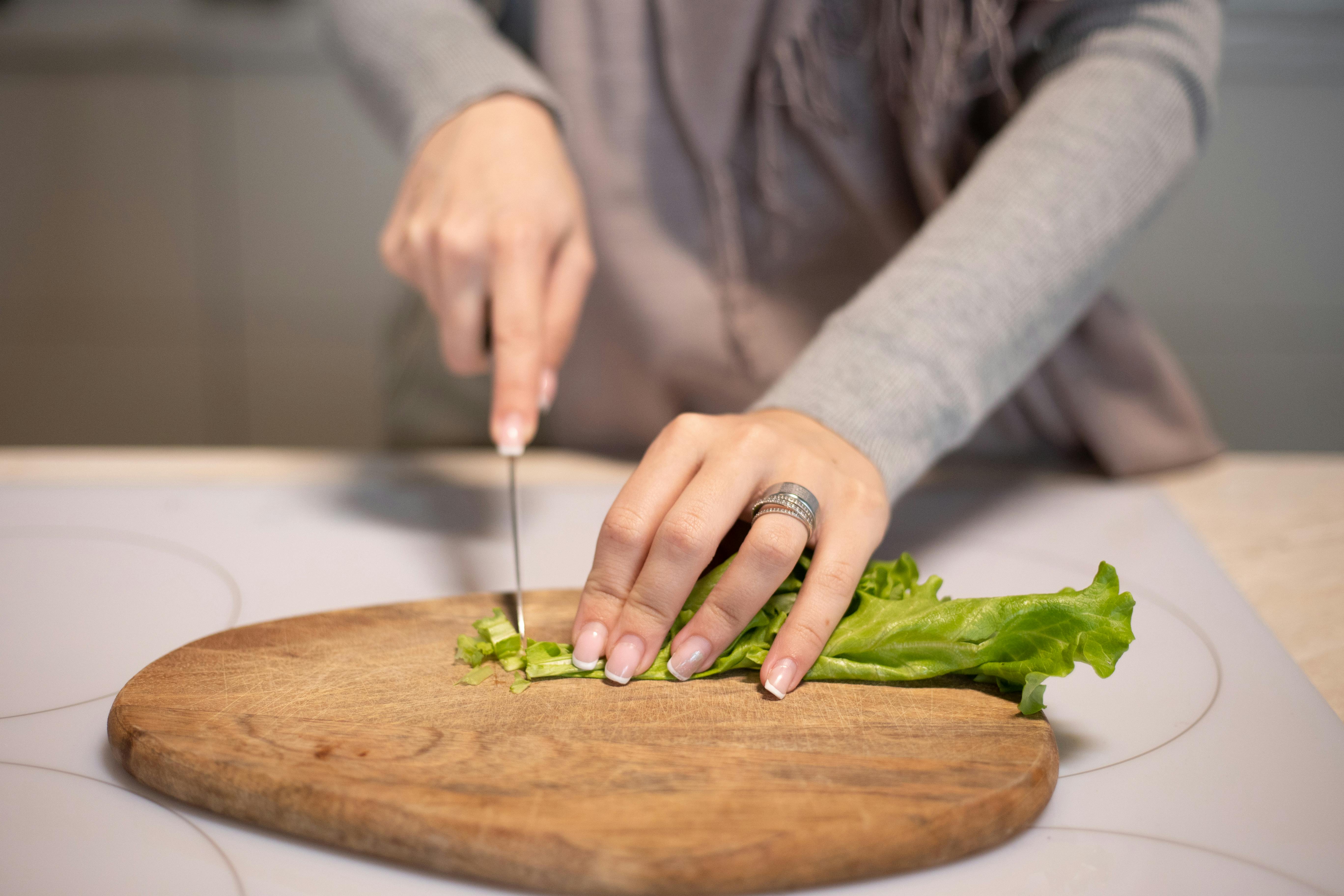
Understanding the basics of heating, air conditioning, and HVAC maintenance
admin
- 0
Did you know that, on average, Americans spend 93% of their lives indoors, according to the Environmental Protection Agency (EPA)?
the EPA even goes on to say that indoor air quality is responsible for various respiratory and skin problems. the level of pollution increases from 2 to 100 times inside the house than outside.
Therefore, the proper operation and maintenance of your home HVAC system is an integral part of its operation. Therefore, it is always a good idea to hire HVAC repair contractors to solve any problems you may face.
Preferably, the best time to schedule HVAC service and maintenance is fall or spring. This is essential for a longer and healthier life of the system.
Some things will need your immediate attention, while others can only be examined once or twice a year.
Purchase an HVAC system for a comfortable room temperature year-round. But you also need to maintain and care for it on a regular basis to ensure trouble-free operation.
Here are 10 ways to extend the life of your HVAC system and prevent its early breakdown.
-
Debris and dirt in and around your HVAC system can restrict air flow. So clean the surrounding areas regularly.
-
It is very possible that an unexpected system failure occurs due to improper installation, as well as incorrect system configuration. To ensure that the system is installed correctly and works with the correct configuration.
-
People think that the bigger the air conditioner, the better. But that’s a myth! Contact a trusted HVAC service provider who can advise you on the correct size of the HVAC system.
-
The ideal temperature for the HVAC system is 78 degrees during the summer and 68 degrees during the winter.
-
Proper knowledge of the HVAC system can help you when it is not working properly. You may be able to fix the problem until an HVAC service provider near you arrives to fix it.
-
Stop the water supply to the oven humidifier in hot weather. In winter, set the humidity stat between 30% and 40% by turning on the water supply.
-
To avoid stresses in your HVAC system, set the registers above 20%.
-
It is good to replace the batteries in the carbon monoxide detector at least once a year.
-
Inadequate lubrication can increase friction on moving parts, reducing the efficiency of your system. This can cause it to wear out earlier than expected. So lubricate your system at frequent intervals.
-
Clean the condensate drain line frequently to make sure it is free of algae, fungus, dirt, and harmful bacteria.
#ProTip
Mix 1 cup of bleach with 3 cups of water and stir well. For this solution directly into the condensate drain line to clean it.
Said and done, HVAC systems don’t last forever. They have a life expectancy of about 15-20 years.
So if your HVAC system is approaching that age then you may consider buying a new system instead of repairing your old one.
Here are some factors to consider when looking for a new system.
-
Per square meter of area to be heated / cooled
-
The type of construction (concrete, wood or any other material)
-
Amount of shade your home receives
-
Ideal indoor temperature that you feel comfortable with
-
Insulation provided to walls and ceilings
-
Number of doors, windows and skylights
-
Facing the direction of doors and windows
By considering the above points, you will be able to invest in a system that works efficiently throughout the year.
HVAC is the respiratory system of your home. Keeps your furnaces and AC heating systems in place. Keep them clean and in good working order at all times. Also, make sure your air ducts are clean by changing the filters once every 3 months or if they are dirty.
Dirty filters can affect the HVAC system in the following ways.
-
Lead to system failures
-
Accumulation of dirt and debris such as pet hair, mold, dust, and rodent infestation can reduce efficiency.
-
Wasted energy leads to longer electricity bills
By taking care of your furnaces and air conditioning heating systems, you can ensure that your HVAC systems are in good condition.
This is what you need to keep in mind in both cases.
Ovens
-
The oven flame can be a signal that indicates the status of your system. If the flash is crisp blue then it is fine and in good working order. But, if it is in shades of orange and yellow, then you will need to call a professional oven repair company.
-
Check your security as the first step. Any leakage or loss of connection can cause safety problems or decrease efficiency.
-
The older your oven ages, the more prone it becomes to breakdown. If your heater is more than 15-20 years old and it costs you 15% more to repair than buying a new heater, then you should consider replacing it.
-
An overworked oven will cost you more in energy bills. If you start to see a significant increase in your bills, contact a local oven repair company near you to install a new oven.
-
An ineffective oven can result in some rooms being colder or hotter than others.
-
An outdated duct system will lose its ability to distribute heat evenly throughout your home.
If you start to experience any of the above, professional advice is definitely better than a DIY approach.
AC heating systems
Repairing your heating air conditioning systems is never easy, especially when winter is just around the corner.
It’s worse when your heater has broken down and you should call a local emergency HVAC repair service. This is because it will cost you even more.
Most homeowners ignore these signs of heating problems in their HVAC systems. But you shouldn’t!
-
You are spending too much on heating and your bills are costing you much more.
-
It doesn’t matter how high you turn the thermostat; still not hot enough for the whole house.
-
When an AC is short-cycled, it doesn’t work long enough to complete a heating cycle, and it uses a ton of energy each time it has to start and stop.
-
If you notice discoloration of the flame, you should immediately turn off the oven. The flame should always be blue. If not, it is a sign of dirt or rust inside the burner.
Get a professional service near you to check your HVAC at least twice a year. They will check for failures in electrical supplies and motors.

